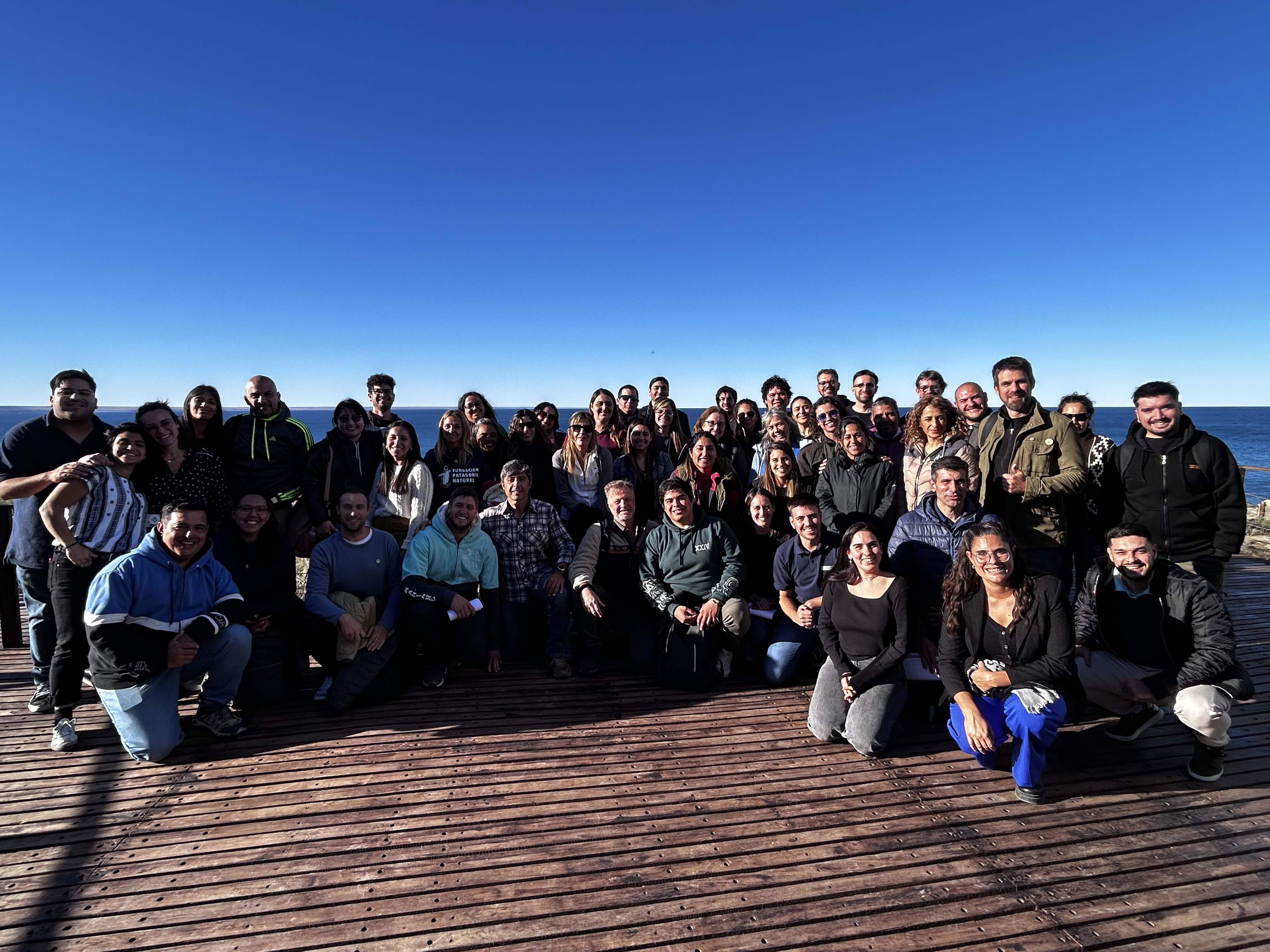More than 45 teachers from 15 schools in Chubut Province, Argentina, participated in the first training to launch our newest capacity building partnership: the YouthEnergy project.
Completion Report “Community Managed Energy Service for Vegetable Market Chain (CEVeM)
The UK based NGO Practical Action successfully implemented the “Community Managed Energy Service for Vegetable Market Chain (CEVeM)” project in Nepal with the financial support of WISIONS, showcasing an innovative best-practice business model of solar water lifting technology in agricultural farm lands.
The overall aim was to demonstrate the viability of an innovative business model that makes use of impact investment and grants for a community managed irrigation system using a Photovoltaic Pumping System (PVPS). This goal orientated investment promoted commercial vegetable farming and strengthening of the vegetable market chain in the concerning Nepalese villages and established a best-practice example for future public-private partnerships in the context of financing clean energy technology.
The Nepalese Government has recognized the benefit of such business model and provided the opportunity for 60% subsidies of such investment. The remaining 40% are levied by private sector investment participation, where the given business model creates a “Win-Win-Situation” for both the private investors and poor farmers receiving access to clean-energy technology.
This technology combined with the innovative business model can be beneficial to over 60% smallholder farmers still relying on subsistence farming and watering their crops with monsoon rain. Effectively this can lead to a displace of unsustainable diesel engines, addresses issues with unreliable grid electricity and reaches out to poor farmers who did not have energy access yet. However, encouragement of private investment is required in the following years in order to complement public financed subsidies issued by the Nepalese government.
As private investors are not familiar with the communities and the technology, Practical Action promotes and showcases the business model to investors and makes ground for the provision of capital investment into a new market of sustainable technology in agricultural farmlands. At the end of the project, learning-sharing workshops were organised by Practical Action in Hetauda (Makwanpur) and Dhading Besi (Dhading district). The technology and the presented business model impressed participants and the local government, committing to the financial support of the project.






More information about the project can be found here: Community Managed Energy Service for Vegetable Market Chain (SEPS11)
Further information about Practical Action: Practical Action


